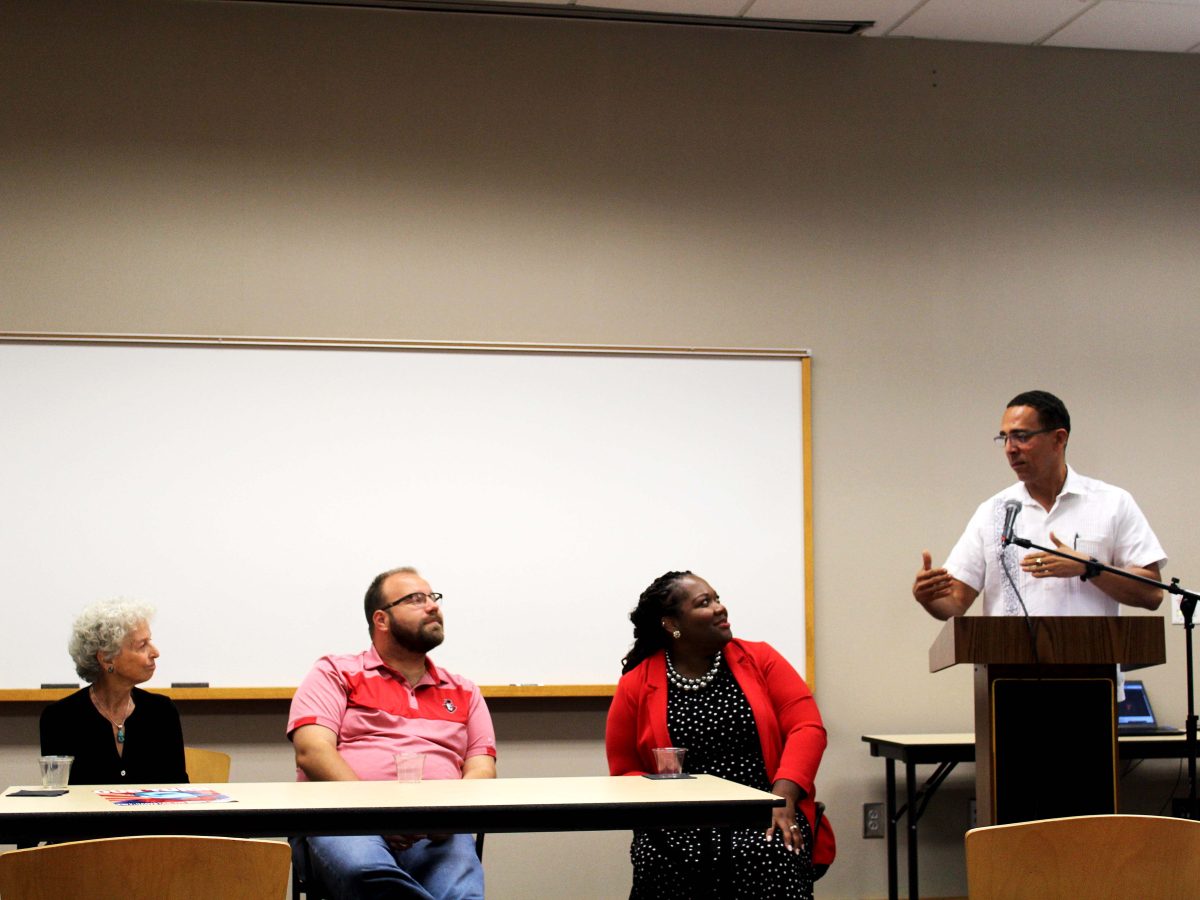There is a stigma surrounding sexually transmitted diseases. The gawks. The look of sadness when someone looks at you. Sexually transmitted diseases are on the rise in Tennessee. Concepts such as Netflix and chill and apps such as Tinder and Bumble promote easily the idea of casual sex. While people get STDs, it is unfair to believe that everyone who has an STD is promiscuous. It is not always their fault that they contracted an STD. According to the CDC, STDs are passed from one person to another through intimate physical contact, and from sexual activity including vaginal, oral or anal sex.
It is easy to imagine why sexually transmitted diseases are increasing at an astronomical rate. Time magazine reported more than 2.3 million cases of chlamydia, gonorrhea and syphilis in 2017. In addition to the fact that STDs are at an all-time high.
According to the ClarksvilleNow, Montgomery County has the highest STD rates in Tennessee. There were 1,656 new cases of chlamydia reported. It was also reported that the presence of a major university and base only increase the number of people affected. Carriers may be unaware that they have the disease and can transmit it unknowingly.
Some people may not realize the grim severity of STDs. Chlamydia, the most common of the STDs, can cause pain. Others have been known to affect fertility negatively. While some STDs are curable, many of which are caused by a bacterium. The bacteria can be killed, and the ailment will be gone mostly without a trace. Some of them have much more lasting effects.
Human Immunodeficiency Virus (HIV) is one of the more severe virus-based illnesses. A cure has not been found for this disease. Once infected, this disease begins to attack white blood cells, that can become AIDS, if treatment is neglected. Acquired Immunodeficiency Syndrome (AIDS) is slightly rarer than HIV but has a higher mortality rate. A person who has contracted AIDS is not expected to live past another decade. The time is cut down to five years if they are not treated.
According to the CDC, in 2016, gay and bisexual Black men accounted for more than 25 percent (10, 226) of the 40, 324 new HIV diagnoses and 38 percent of all gay and bisexual men in the United States. Followed by 29 percent (7,689) of Latinos received an HIV diagnosis and lastly, white men with 28 percent (7,392). Black women are disproportionally affected by HIV; at the end of 2015, 59 percent (137,998) of women living with HIV are Black followed by Latinas with 19 percent (43,086) and white women with 17 percent (38,992).
Abstinence is a serious way to protect yourself from STDs. It is a religiously based practice in which you refrain from sexual practices until you marry. An idea that is full proof and has been proven to work 100 percent of the time.
Sex is really fun though, so why give it up? One way to have some cake and eat it too is to wear a condom. Wearing a condom can be good for both sexual partners because it is (sometimes) 99 percent effective which means that a good portion of the time, both partners are safe from STDs and from a pregnancy scare. The Food and Drug Administration (FDA) states that condoms greatly reduce the risk of STDs when used correctly. It is important to remember that condoms may not cover all infected areas. Planned Parenthood rates condom effectiveness at near 85 percent.
The CDC says that the more sexual partners a person has the higher their risk of catching an STD. If you only have intimate relations with one person, the chance of having an STD goes down drastically. It shrinks even more if that partner is also committed to only one person.
It is of the utmost importance for any sexually active person to get themselves tested regularly. Being tested is a part of the responsibility a person takes when they become sexually active. It is equally important to let your partner if you are carrying a disease. If one finds out that they are infected with an STD, they should be open and honest with their partners. It is a responsibility that is shared by both sexually active members to be tested often.
The more partners you have, the more tests you may need. While people live all kinds of varying lifestyles, it is important to protect yourself. Communicate honestly and do not be afraid to ask about their history or if they have an illness. If you do have an STD it is important to tell your partner. If you do tell your partner, it is fair to be honest about the disease was obtained. Do not notify a significant other that you have an STD through a text message. Communicate face to face and take responsibility for your actions. Be smart. Practice safe sex.





